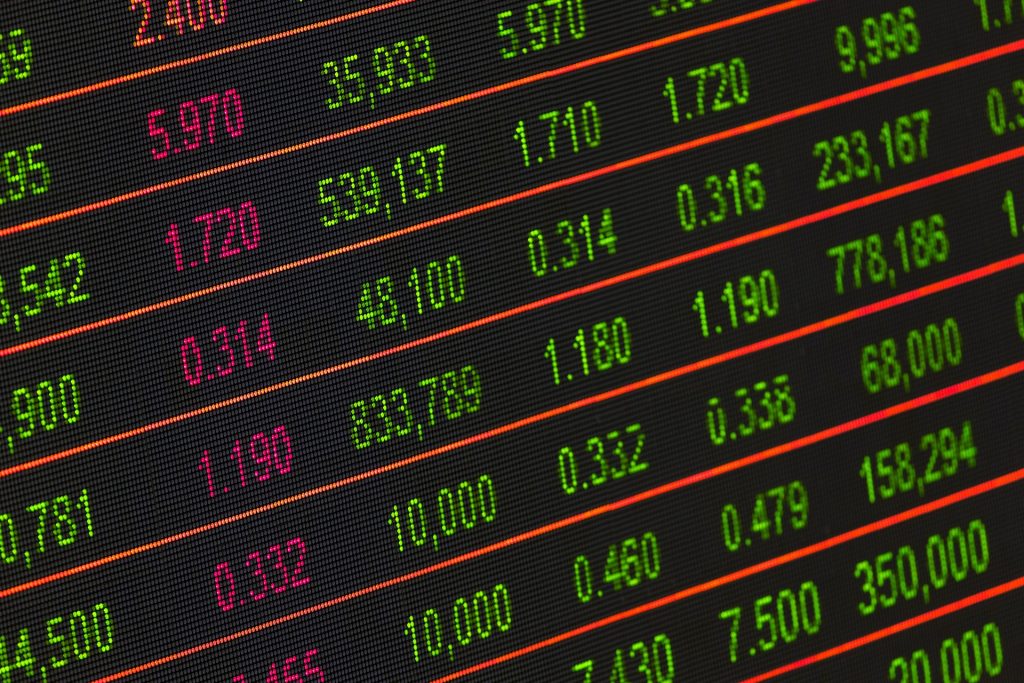Citadel Securities Becomes The First Firm To Be Fined By South Korea For HFT
High Frequency Algorithmic Trading or HFT is a controversial method of day trading where traders (big traders) use Algo-Trading in a way that they get millisecond advantage by virtue of trading fast and trading at scale.
Citadel Securities employed High Frequency Algorithmic Trading in the South Korean market during the 2017-2018 period. Now, after extensive investigation, the South Korean financial regulator has fined the capital markets firm 11.88 billion won (USD 9.66 million) citing disruption in the domestic stock market because of the activities of the firm.
South Korean Stock Market Is The Market of Retail Traders
The South Korean stock market is marked by the enthusiasm of retail traders. As per the 2020 data presented by Reuters, retail traders purchased a total of $40 billion in 2020 accounting for two-thirds of the trades that took place in the domestic stock market in 2020.
It therefore becomes imperative for the financial regulator to protect the interest of these domestic investors. The housing market has already disappointed these traders.
How HFT Employed By Citadel Securities Harms Retail Traders
Before explaining how High Frequency Trading harms retail traders, it is necessary to understand that capital markets firms usually remain connected to the exchanges using the fastest possible route (both in terms of physical distance from the exchanges, and technological infrastructure used). As a result, the systems of these big corporations are able to get the latest stock prices some microseconds before the retail traders.
Now, armed with this advantage, Citadel Securities further employed High Frequency Trading to predict a rising or falling trend in various stocks and execute automated “immediate or cancel” orders. This basically means, Citadel Securities were able to buy or short stocks some milliseconds before the retail traders did. They did it at scale using algorithmic scripts. As a result, the firm took advantage of the rising or falling trend before the retail traders could even get the latest prices of those stocks. Citadel Securities also leveraged the strategy of filling gaps in bid prices.
Between 2017 and 2018, the capital markets firm traded an average of 1422 stocks per day using High Frequency Trading. The total worth of such HFT system-executed trades was 500 billion won.
A Historic Move By The South Korean Regulator
It’s the first time that the South Korean financial regulator has imposed a fine on a corporation for indulging High Frequency Algorithmic Trading. The domestic stock market in South Korea is frequented by a huge number of retail traders. The regulator might have been concerned about the potential harm caused by HFT.
Citadel Securities To Challenge The Move
Citadel Securities, in a statement, said that the firm is going to appeal the decision taken by the South Korean financial regulator. It maintained that the trading activities during the said period were in line with South Korean regulations and global best practices.
_____________
The news of Citadel Securities getting fined comes 3 days after it was revealed that the firm raked in the highest amount of profits – amounting to $16 billion – in 2022. The unprecedented gains achieved by the firm made it the best-performing hedge fund for the year 2022.
